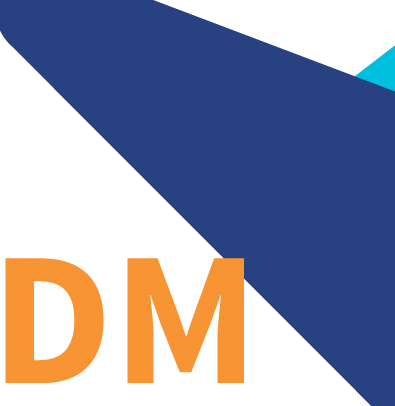Unleashing International Remittances – Technology Driven Solutions for Indonesia
 by Ghiyazuddin Mohammad and Disha Mohinani
by Ghiyazuddin Mohammad and Disha Mohinani Sep 9, 2016
Sep 9, 2016 2 min
2 min
This PB analyses four models that are tailored to cater to the Indonesian market and to the needs of the migrant communities both at the sending and the receiving end.
There are 3.6 million Indonesians working across the world, a majority of them from Malaysia, Taiwan, Saudi Arabia, Singapore and Hong Kong. In 2015, international migrant workers remitted USD 10.5 billion to their homes in Indonesia i.e., close to 1% of the GDP. This hard earned money greatly contributes towards the welfare of dependent family members and to the overall economic development of the communities.
Despite the large amount of remittances, barriers persist at both the sending and receiving ends. From a customer’s perspective, cost remains the biggest constraint for remitting money across international boundaries. Analysis done by MicroSave suggests that the average cost of sending money to Indonesia is 4.72%. Apart from cost, time taken to transfer money and accessibility of cash-in/cash-out points are the other key issues that customers face. It takes between 15 minutes to seven days to remit funds. Furthermore, last mile accessibility (cash out agents) remains a key issue at the receiving end in Indonesia; low presence of bank branches and lower formal account ownership (only 36% Indonesians have a formal account) accentuate the problem.
Keeping the issues/barriers in mind, this policy brief analyses four models that are tailored to cater to the Indonesian market and to the needs of the migrant communities both at the sending and the receiving end. These models have the potential to stimulate economic development of migrant communities, which is one of the key objectives of the Government of Indonesia. The brief also provides key recommendations for regulators and market players to enable and operationalise the remittance business models. If implemented well, these models can lead to annual savings of USD 230 million for Indonesian migrant workers. Clearly, a win-win proposition that requires unified effort from all stakeholders.


Leave comments